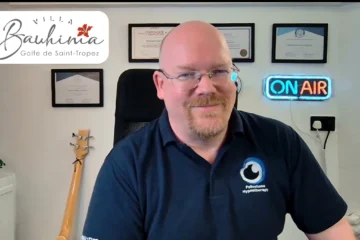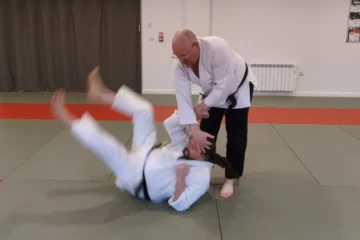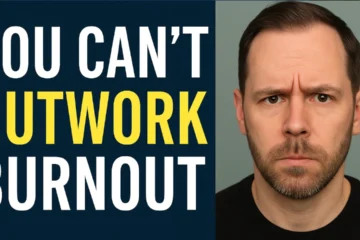Hi, I want to share something that’s been on my mind for a while, especially as someone who works with neurodivergent clients, and lives with ADHD myself.
ADHD, as you probably know, is officially called a disorder: Attention Deficit Hyperactivity Disorder. And that word “disorder” carries so much weight. It tells us there’s something wrong, broken, or deficient.
But what happens if we flip this around?
Imagine for a moment that ADHD and autism were the neurological norm, and we were looking at a neurotypical brain as the outlier.
We might say that Neurotypical Syndrome is characterised by a persistent preference for linear thinking and low spontaneous creativity. Individuals may display difficulties in adapting to rapid shifts in attention, a reduced sensitivity to sensory input, and an impaired ability to hyperfocus on areas of deep personal interest.
Communication is often governed by unspoken social rules, leading to indirect expression instead of just saying what they mean. There’s also an obsession with eye contact and a pathological need for small talk.
Sounds ridiculous when you flip the narrative, doesn’t it?
That’s the point.
The problem isn’t the ADHD brain. The problem is the narrow definition of what’s considered “normal.” ADHD isn’t a broken version of a typical brain: it’s a different operating system.
Yes, it comes with challenges like executive dysfunction, time blindness, and emotional intensity. But it also brings strengths: creativity, resilience, intuition, and the ability to see connections others might miss.
What really causes the burnout, the anxiety, the so-called “disorder,” is trying to force a square peg into a round hole. It’s being expected to thrive in systems that weren’t built for us—whether that’s in education, workplaces, or relationships.
But here’s the good news: when we understand our brains, when we stop fighting them, we can start working with them.
Therapy, coaching, hypnotherapy, they’re not about “fixing” you. They’re about unlocking the way you work best. They help you build strategies that honour your energy, your focus, your passions.
And when we stop pathologising difference, we create space for people to actually thrive.
You’re not disordered. You’re different, and that difference holds power.


